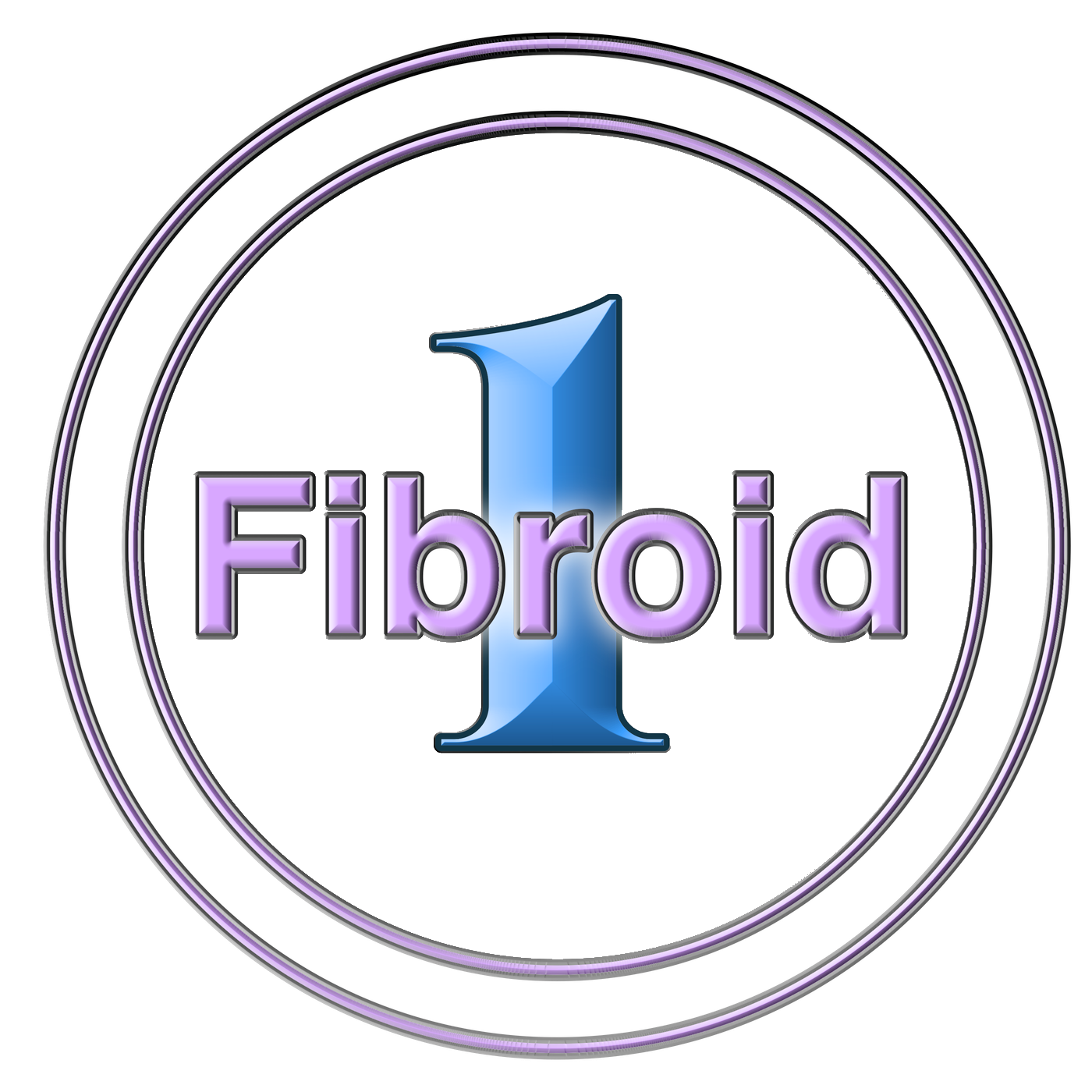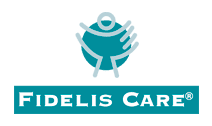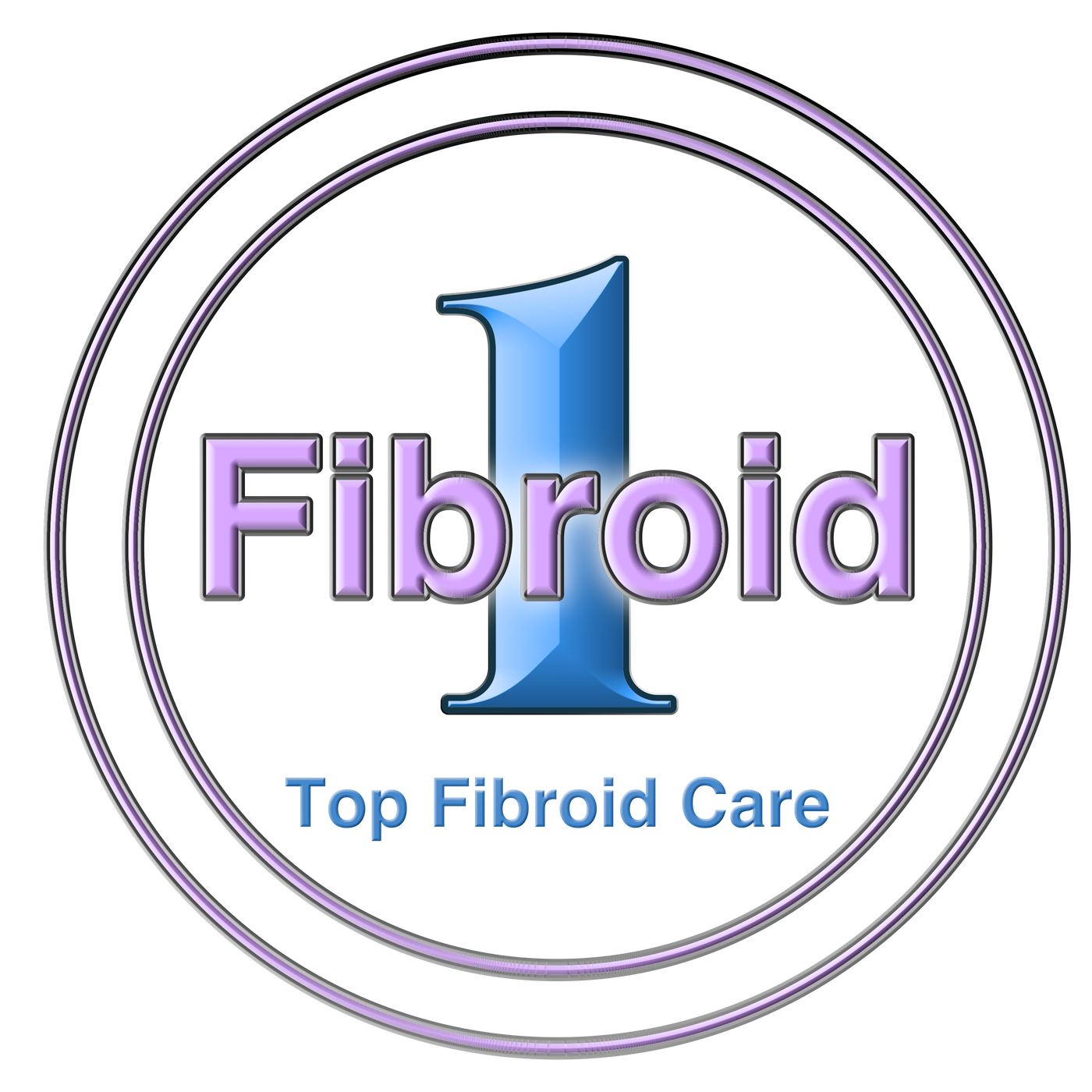Uterine fibroids are a common condition affecting many women, particularly those of reproductive age. While these non-cancerous growths are typically benign, their symptoms—ranging from heavy menstrual bleeding and pelvic pain to bloating and pressure—can significantly impact a woman’s quality of life. The exact cause of fibroids remains unknown, but research suggests that lifestyle and diet can play an influential role in their development and management. If you’re living with uterine fibroids, making adjustments to your lifestyle and diet may help ease symptoms and improve your overall well-being.
In this blog from 1Fibroid in New York, we’ll explore how lifestyle and diet may affect fibroids and provide practical tips for managing this condition.
Understanding Uterine Fibroids
Uterine fibroids, also known as leiomyomas or myomas, are growths that develop in the muscle tissue of the uterus. They can vary in size and number, with some women having only one fibroid, while others may have multiple. Fibroids are influenced by hormonal factors, especially estrogen and progesterone, which stimulate their growth. As a result, fibroids often shrink after menopause when hormone levels naturally decline.
While fibroids can be asymptomatic, many women experience symptoms that include heavy or prolonged menstrual bleeding, pelvic pain, bloating, frequent urination, and discomfort during intercourse. These symptoms can interfere with daily activities, making fibroid management a priority for women who are affected.
How Lifestyle Affects Fibroid Development and Symptoms
Certain lifestyle factors, such as body weight, exercise habits, and stress levels, can influence fibroid growth and the severity of symptoms.
Weight Management and Fibroids
Excess weight has been linked to an increased risk of developing fibroids. Estrogen, a key hormone in fibroid development, is produced in both the ovaries and in fat cells. The more fat tissue in the body, the more estrogen is produced, which can promote fibroid growth. For this reason, maintaining a healthy weight is an essential component of managing uterine fibroids.
Tips for Weight Management
- Incorporate Regular Exercise: Aim for at least 30 minutes of moderate physical activity most days of the week. Exercise not only helps control body weight but also improves overall health, circulation, and energy levels.
- Set Realistic Goals: Achieving and maintaining a healthy weight may take time. Focus on gradual, sustainable changes to your lifestyle rather than quick fixes.
- Seek Professional Guidance: A healthcare provider or nutritionist can help you create a personalized plan that suits your needs, preferences, and lifestyle.
The Role of Stress
Chronic stress has been shown to negatively impact hormonal balance, potentially exacerbating fibroid symptoms. Stress triggers the release of cortisol, which can disrupt estrogen and progesterone levels, leading to hormone imbalances that may contribute to fibroid growth.
Stress Management Strategies
- Mindfulness and Relaxation Techniques: Practices like yoga, meditation, and deep-breathing exercises can help reduce stress levels.
- Adequate Sleep: Aim for 7-9 hours of quality sleep each night to allow your body to recover and regulate hormone levels.
- Physical Activity: Exercise is a natural stress reliever. Even light activities like walking can improve mood and reduce stress hormones.
The Impact of Diet on Uterine Fibroids
While no specific diet can cure fibroids, evidence suggests that certain foods and dietary patterns may influence fibroid growth and the severity of symptoms. A healthy, balanced diet can help manage fibroid-related symptoms by reducing inflammation, supporting hormonal balance, and promoting weight management. Below, we go over foods that can help women with uterine fibroids.
1. High-Fiber Foods
A diet rich in fiber helps regulate blood sugar levels and promote healthy digestion. Stable blood sugar levels are crucial because insulin resistance can lead to weight gain and disrupt hormonal balance, both of which can contribute to fibroid growth.
Good Sources of Fiber:
- Whole grains like oats, brown rice, quinoa, and barley
- Vegetables such as leafy greens, carrots, and broccoli
- Fruits like apples, pears, berries, and oranges
- Legumes including beans, lentils, and chickpeas
2. Cruciferous Vegetables
Vegetables like broccoli, cauliflower, cabbage, and kale are rich in antioxidants and compounds that help support liver function and detoxification. This may aid in hormone regulation by helping the body process and eliminate excess estrogen.
3. Healthy Fats
Omega-3 fatty acids, found in fatty fish (like salmon, mackerel, and sardines), flaxseeds, and walnuts, have anti-inflammatory properties. These fats can help reduce inflammation in the body, which may ease fibroid symptoms.
4. Antioxidant-Rich Foods
A diet rich in antioxidants can help protect the body from oxidative stress, which is thought to contribute to fibroid development. Foods rich in antioxidants include berries, leafy greens, nuts, seeds, and brightly colored vegetables like bell peppers and carrots.
5. Vitamin D
Studies suggest that adequate vitamin D levels may reduce the risk of developing fibroids. Sun exposure, fortified foods, and supplements can help boost vitamin D levels. Good dietary sources include fatty fish, fortified dairy products, and egg yolks.
Foods to Limit or Avoid
1. Processed Foods
Processed and high-fat foods, such as fast food, fried foods, and packaged snacks, are often high in unhealthy fats and sugar. These foods can contribute to weight gain, increase inflammation, and promote hormonal imbalances.
2. Red Meat
Some studies suggest that high consumption of red meat (especially processed meats like bacon and sausages) may be linked to an increased risk of fibroid growth. Consider reducing your intake of red and processed meats, replacing them with lean protein sources such as fish, poultry, and plant-based proteins.
3. Caffeine and Alcohol
Excessive caffeine and alcohol intake can negatively impact hormonal balance. Moderating your consumption of caffeinated beverages (like coffee and soda) and limiting alcohol may help keep hormone levels in check.
4. High-Sugar Foods
Diets high in refined sugars can cause blood sugar spikes and contribute to insulin resistance, which may lead to increased fibroid growth. Opt for whole foods and natural sweeteners like honey or maple syrup when you need a sweet treat.
Hydration and Uterine Fibroids
Staying well-hydrated is essential for overall health and can support the body in regulating hormone levels. Drinking water can also help reduce bloating and alleviate discomfort associated with fibroids.
Taking Charge of Your Health
While uterine fibroids can be a challenging condition to manage, making thoughtful lifestyle and dietary changes can positively impact your symptoms and overall health. By maintaining a balanced diet, managing your weight, reducing stress, and incorporating regular exercise, you can support your body in managing fibroid symptoms and potentially slow fibroid growth.
It’s essential to remember that each woman’s experience with fibroids is unique, so it’s important to work closely with your healthcare provider to develop a comprehensive management plan tailored to your specific needs. Whether through lifestyle changes, diet, or other treatments, taking charge of your health empowers you to live your life with greater comfort and confidence.
1Fibroid Is Here To Support You
If you are living with uterine fibroids and curious about your nonsurgical alternatives to fibroid treatment, consider 1Fibroid. 1Fibroid is based in New York, with locations in both Manhattan and Queens. We are committed to women’s care and offer non-invasive options such as medication, hormone therapy, and UFE procedures. If you’re ready to live life without the symptoms of fibroids, call us today at 212-991-9991.












